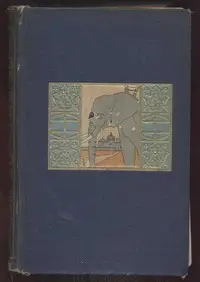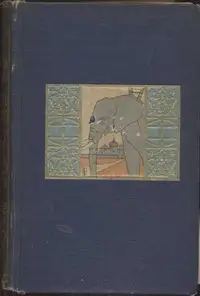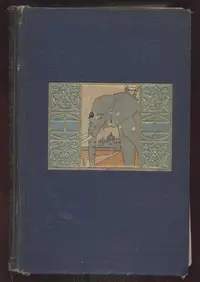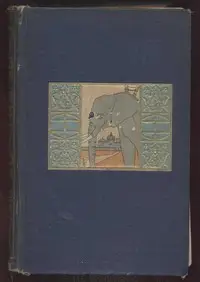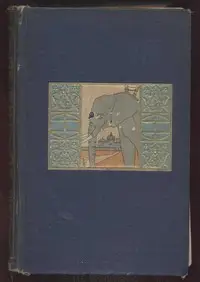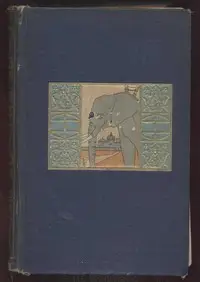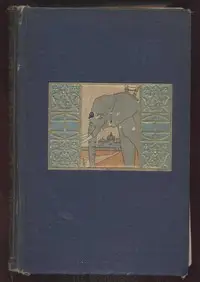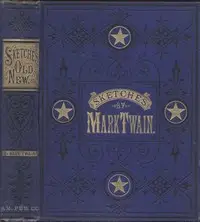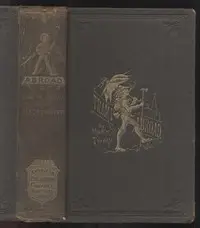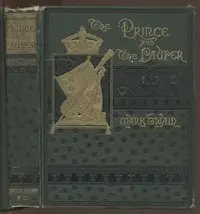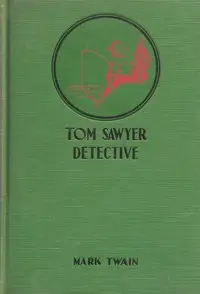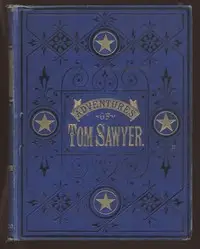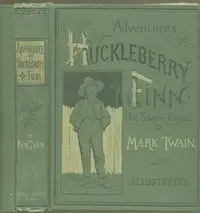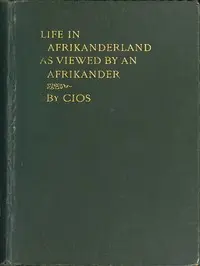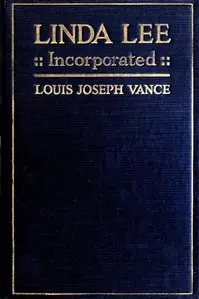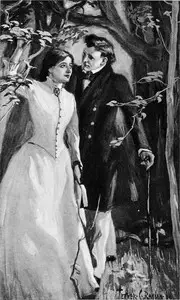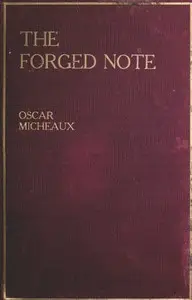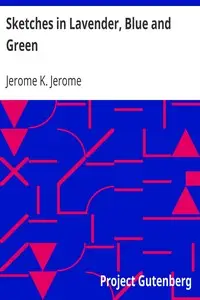"Following the Equator: A Journey Around the World. Part 7" by Mark Twain is a travel story from the 1800s where the author travels the world, sharing his thoughts about society and culture, like education and the impact of colonization. Twain uses a funny and mocking style to point out the differences he sees in the world. At the beginning, he criticizes how kids are taught in schools in different countries like America and India. Twain talks about a letter from an Indian man that shows how school doesn't always help people get jobs. He also tells funny stories about silly answers students gave on tests, which makes the reader laugh but also think about what's wrong with education. Twain believes teaching should be more flexible and fit what students are good at, instead of forcing everyone to learn the same things, even if they aren't ready.
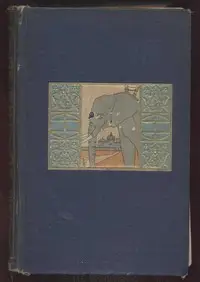
Following the Equator: A Journey Around the World. Part 7
By Mark Twain
Embark on a journey around the world filled with sharp humor and cultural insights as the writer uncovers the absurdities of education and societal norms in far-flung lands.
Summary
About the AuthorSamuel Langhorne Clemens, known by the pen name Mark Twain, was an American writer, humorist, and essayist. He was praised as the "greatest humorist the United States has produced," with William Faulkner calling him "the father of American literature." Twain's novels include The Adventures of Tom Sawyer (1876) and its sequel, Adventures of Huckleberry Finn (1884), with the latter often called the "Great American Novel." He also wrote A Connecticut Yankee in King Arthur's Court (1889) and Pudd'nhead Wilson (1894) and cowrote The Gilded Age: A Tale of Today (1873) with Charles Dudley Warner.
Samuel Langhorne Clemens, known by the pen name Mark Twain, was an American writer, humorist, and essayist. He was praised as the "greatest humorist the United States has produced," with William Faulkner calling him "the father of American literature." Twain's novels include The Adventures of Tom Sawyer (1876) and its sequel, Adventures of Huckleberry Finn (1884), with the latter often called the "Great American Novel." He also wrote A Connecticut Yankee in King Arthur's Court (1889) and Pudd'nhead Wilson (1894) and cowrote The Gilded Age: A Tale of Today (1873) with Charles Dudley Warner.

